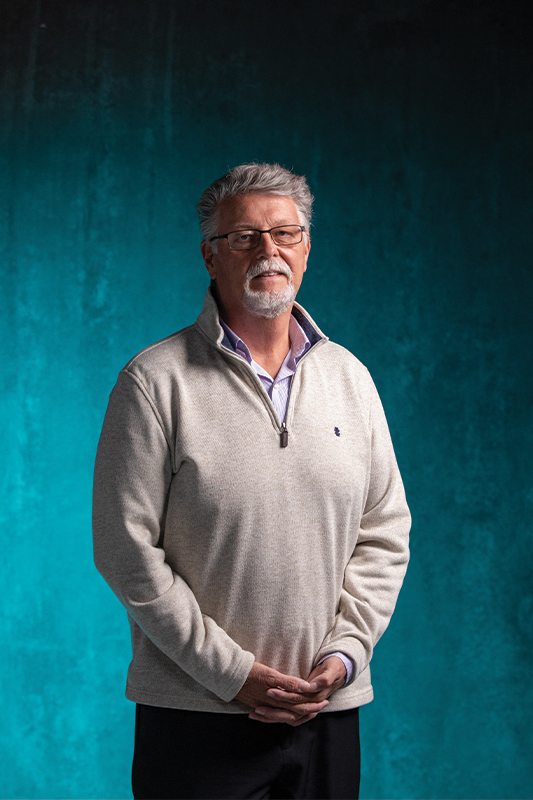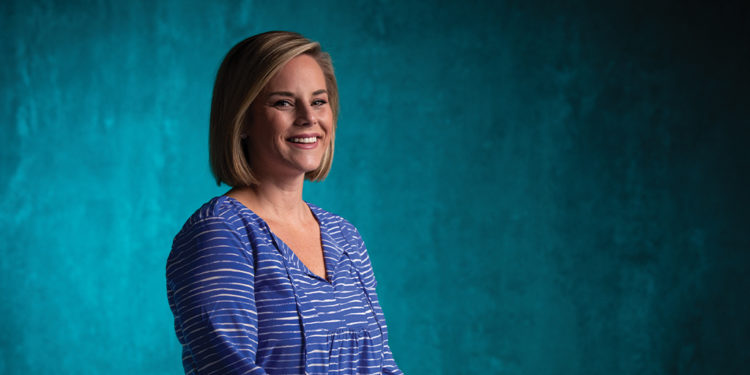Millions of American’s lives are impacted by mental health. The Anxiety and Depression Association of America states that nearly 450 million people worldwide are living with a mental illness, yet only one-third is in treatment.
Two local individuals involved with the Owensboro Recovery Project, a group who helps advocate for those who have struggled with addiction, have shared their stories of perseverance, how the current situation of isolation and separation factor into their daily routines, and how their treatment to overcome their mental health challenges has led to a path of wellness they share with the Owensboro Recovery Project.
Blake Templeton
For over 20 years, Blake Templeton hid her struggles with anxiety and depression from those around her. At age 21, she began experiencing panic attacks, but she said this was at a time when there was such a stigma that surrounded mental health that she didn’t know who to talk to or where to go.
“People didn’t talk, there wasn’t the awareness of it,” she said of the resources that are available today.
So, 20 years ago, she began self-medicating with alcohol, which led to depression that she said not many of her friends and family would discuss — if they even knew about it.
“Addiction and mental health go hand in hand,” she said.
Three years ago, Templeton’s addiction and mental health had declined so greatly that she sought help for her alcohol addiction.
Through her regular counseling and exercise programs, along with medication, Templeton said that she has learned to cope, but she knows that she will always take medication to help with her anxiety, and she is not ashamed by that.
Using fitness and exercise as a tool for mental health has allowed Templeton to enroll in group fitness classes at a local gym, which provides not only the physical aspect of the exercise but also a connection to the other participants.
She is also involved in the Owensboro Recovery Project, a group that is focused on all pathways of recovery, including Alcoholics Anonymous, religion, counseling, and yoga.
“It is a huge community to connect with and provide resources for those going through what we did,” she said of herself and the other leaders.
Through her counseling, exercise and faith, along with an important educational piece, Templeton is able to share her story with those in the community and make connections with the people she notices are struggling with recovery, especially in the current COVID-19 stay-at-home situation, which is isolating.
“I can definitely say I am thankful for all of the work I have done prior to this, because if [the current COVID-19 situation] had been at a different time in my life, it would have been catastrophic,” Templeton said.
Victor Dunn

Victor Dunn considers his drug recovery at an in-patient treatment center as an advantage most people are not allowed to experience.
“In long-term recovery, a lot of work is self-examination,” he said. “One big advantage is you get to work on you.”
Dunn, who, at his worst, was isolating himself in his basement, said that he had to learn new coping skills when stressed so that he didn’t relapse.
“At the time, I didn’t get out of my basement,” he said. “I watched TV all day with the curtains closed and medicating.”
Routine is important to Dunn, who even in this current COVID-19 situation said that he still wakes at the same time daily and makes sure he has time for human interaction — walking outside, mowing the neighbor’s lawn, or just checking on others.
“It is so important – to read, pray and exercise,” he said. “I think about how I can benefit and enrich myself and others.”
Dunn, who works in the healthcare profession, said that although he has fears and that there are different levels of it with the COVID-19 situation and his job, he also said that it is important to consider what he can control today.
Because of his job and interactions with sick people, Dunn has been isolated from his children and grandchildren, something that is difficult for him but allows him to do the best job he can in keeping them safe.
“It’s how I handle it,” he said.
Dunn is sharing his experiences with the Owensboro Recovery Project, and through his sharing, he also is benefiting from these interactions of reaching out to its members in live social media events during this time of separation. He said it is important for those in recovery to not isolate themselves.
“I focus on God and I can’t imagine he would take me through what he did with my recovery process to be taken out by a virus,” he said.










